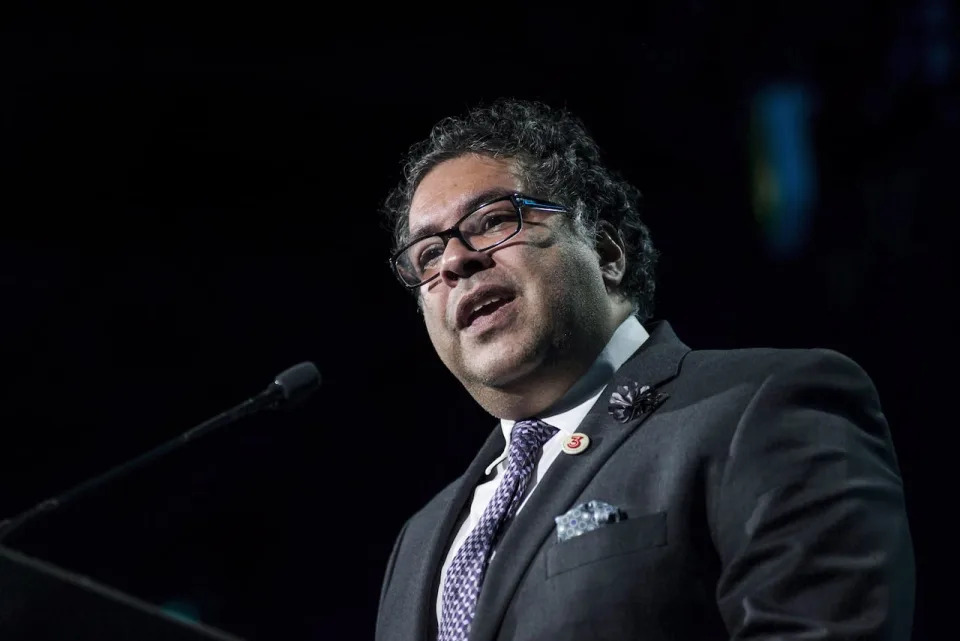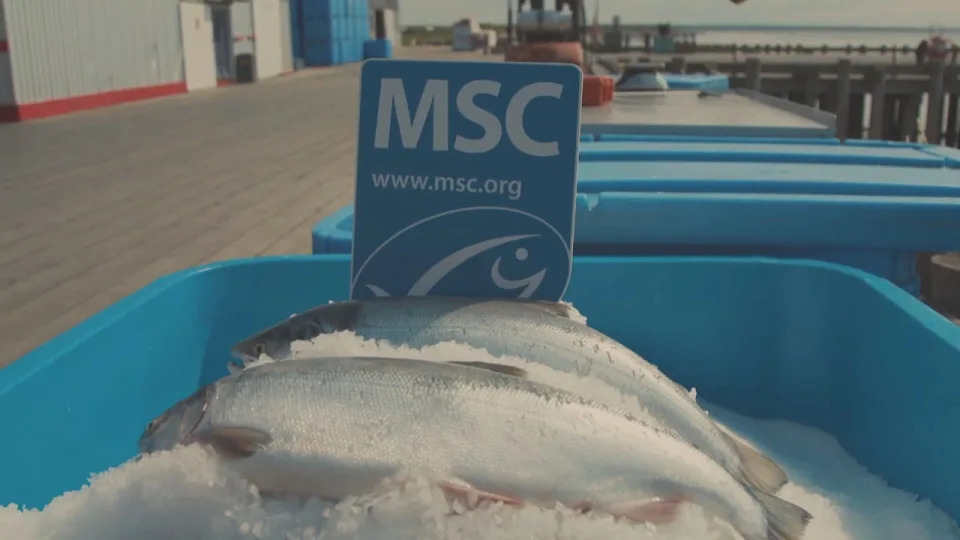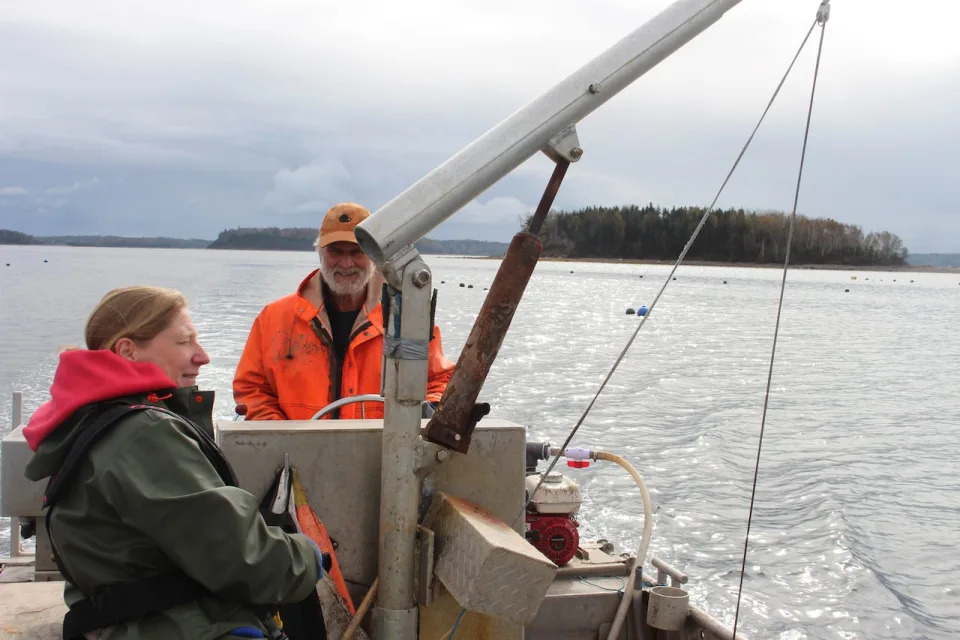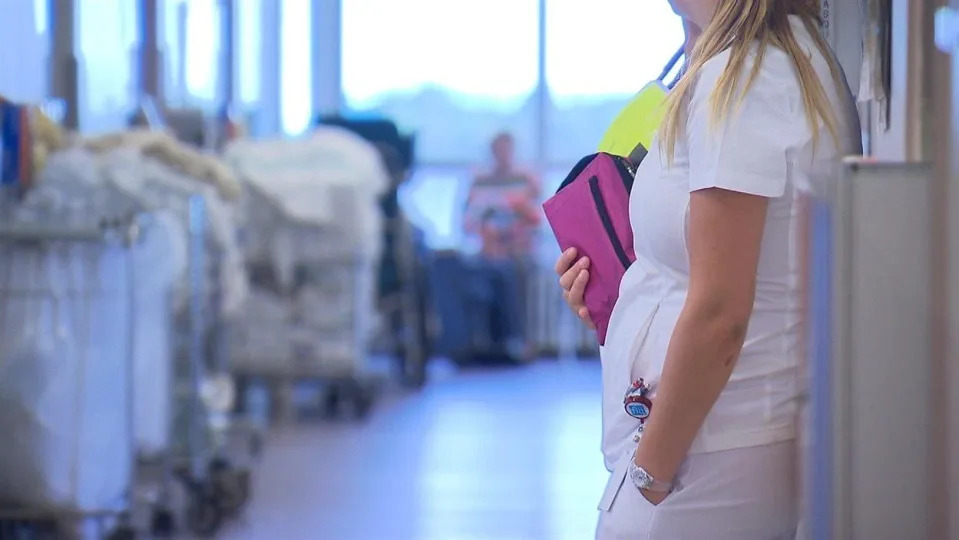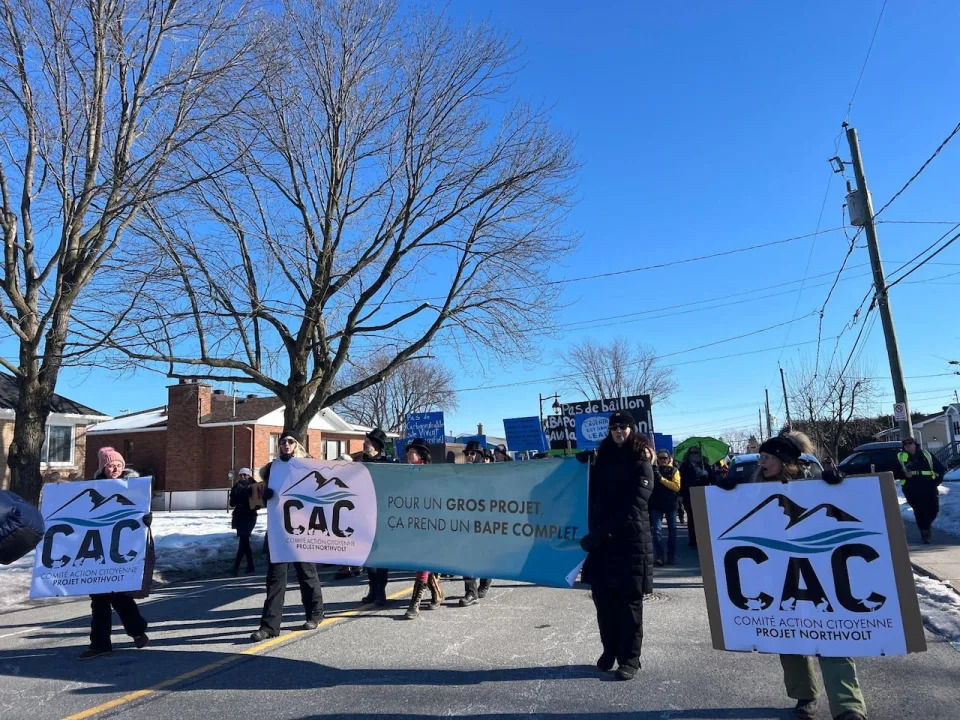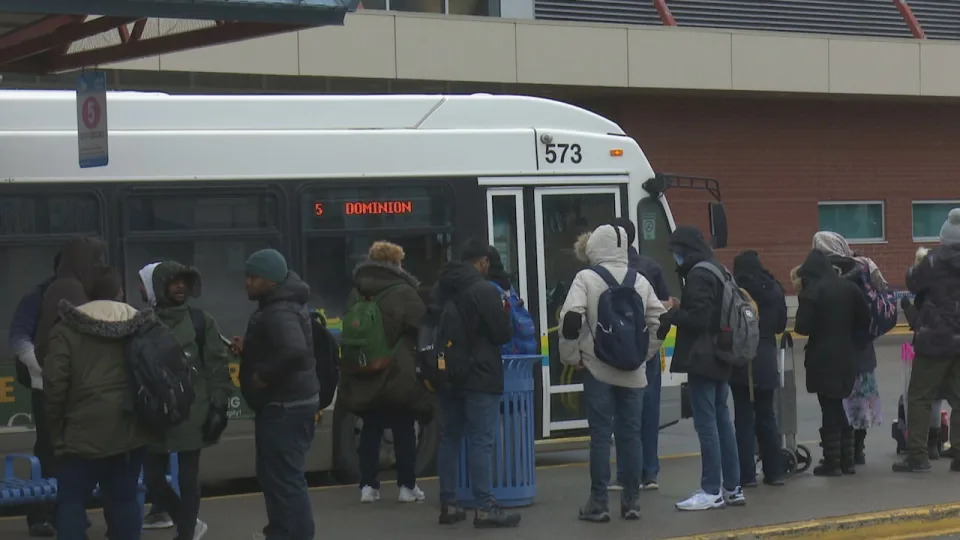CBC
Sun, February 4, 2024

A gas plant near Rolla, B.C., in the province's northeast. The B.C. Energy Regulator is warning oil and gas producers of potential water shortages in 2024.
The agency overseeing oil and gas producers in British Columbia is warning of potential water shortages in 2024.
The B.C. Energy Regulator (BCER), formerly the B.C. Oil and Gas Commission, says persistent drought last summer and fall in the northern part of the province continue to negatively affect streamflows and groundwater, with snowpack levels at last reading only 72 per cent of the historical average.
"The combined impact of these events has created an increased potential for drought conditions in 2024 and another summer of possibly limited water supply in the north," reads the notice posted Jan 26.
The northeast of the province, where much of B.C.'s oil and gas production is concentrated, has been hit hardest by the drought.
Thefour water basins in the region — Fort Nelson, East Peace, North Peace and South Peace — remain at drought level 5, the most severe classification on the provincial scale. Level 5 is declared when "adverse impacts to socio-economic or ecosystem values are almost certain."
A significant portion of gas extraction in the region involves water-intensive hydraulic fracturing, or fracking.
The fracking process blasts water, sand and chemicals at high pressure more than two kilometres underground to release the natural gas trapped in rock formations.
BCER hydrologist Ryan Rolick said the warning about potential water shortages was issued out of an abundance of caution, recognizing that snowpacks might still improve, and that spring and summer could still deliver the precipitation desperately needed.
But the opposite is also possible, he said.
"If snowpacks do not improve, or if we have a similar spring and summer to 2023, it could mean another season of potentially critical water shortages, primarily in the northeast," said Rolick.

The fracking process extracts natural gas by blasting water, sand and chemicals at high pressure into underground rock formations. (Brennan Linsley/The Associated Press)
Fracking is 'not creating new faults in the earth,' said geophysicist and lead researcher Amy Fox. 'These faults exist ... and we're sort of speeding up a natural earthquake that would have occurred anyway at some point.'
In a statement, the Canadian Association of Petroleum Producers (CAPP) said its members in B.C. are monitoring the drought situation.
"In northeastern B.C., operators rely on recycling water from their own operations to maintain activities and minimize the use of freshwater resources," said CAPP vice-president Richard Wong.
"According to the energy regulator, each year the amount of water withdrawn by industry averages 0.004 per cent of the total volume of annual runoff in northeast B.C."
CBC science specialist Darius Mahdavi says the drought in the northeast has been at or near Level 5 since the fall of 2022.
"The only exception was a couple weeks at the beginning of the 2023 drought season, when snowpack and cool temperatures helped briefly, but there was an incredibly fast return to extreme drought," he said.
"In the last couple years, B.C. has seen a lot of weather that's been described as 'unprecedented', 'record-breaking' and 'historic.' The drought in the northeast is all three, yet it's been largely overlooked."
Water permits remain indefinitely suspended on 10 rivers located in the Peace, Liard and Fraser River watersheds, according to the BCER.
Rolick said the message to the oil and gas sector is to be prepared for further water-use restrictions or suspensions.
"[Industry] should make sure they're updating their water management plans and that they're looking at having appropriate storage solutions so that they can withdraw when it is available and store it for use in the dry season," he said.

